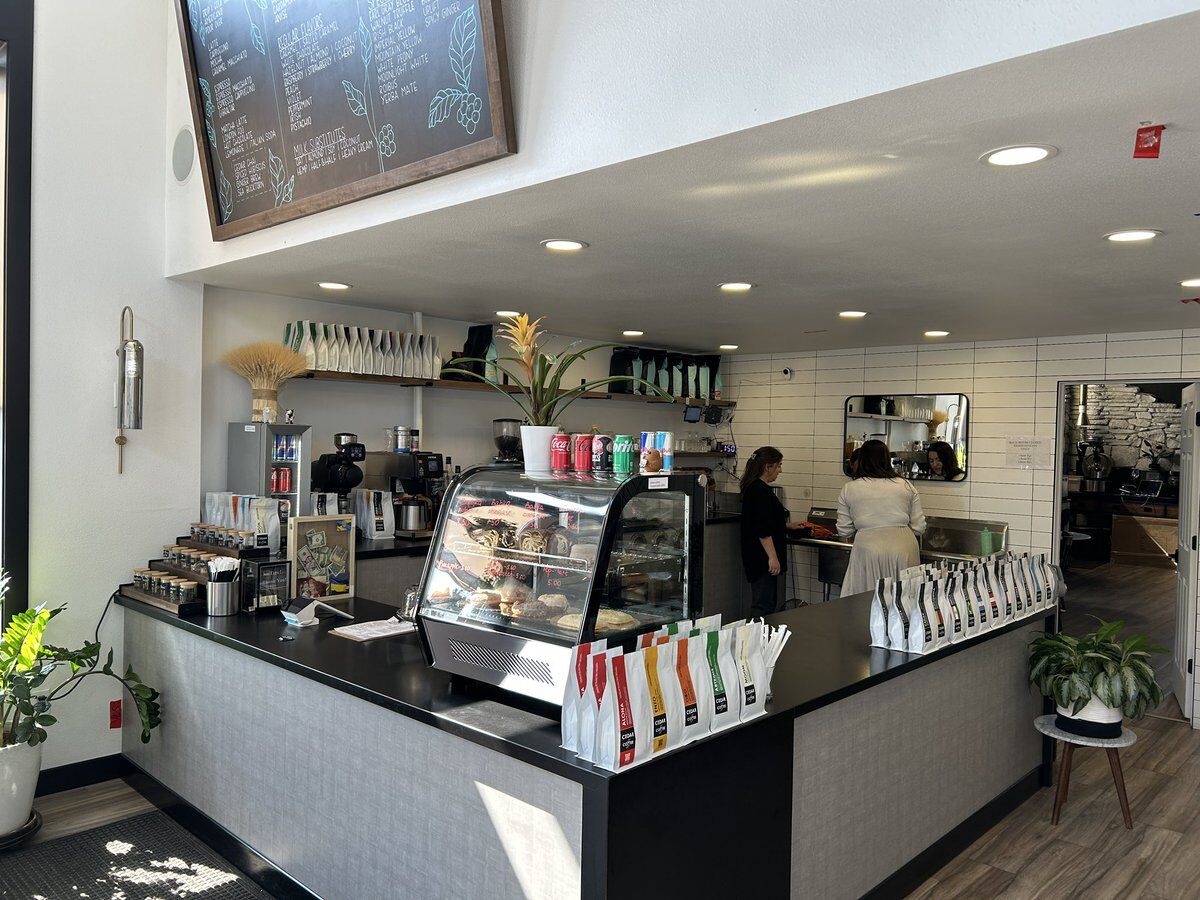SPOKANE, Wash. — You may soon pay more for your daily coffee as local shops face mounting pressure from an increase in imported coffee bean costs driven by a drought in Brazil.
Cedar Coffee in downtown Spokane, like many local establishments, is grappling with record-high coffee prices that began earlier this year. The shop has managed to avoid raising prices over the past couple of years, but owner Artemis Yorke said the situation is becoming increasingly difficult to sustain.
“The issue is, a lot of places use it maybe not as a primary bean, but they use it somewhere. Now they have to substitute it. So, all other beans experience a shortage because everybody is looking for substitutions,” Yorke said.
The drought in Brazil, one of the world’s largest coffee producers, created a ripple effect across the global coffee market. Months after the initial crisis, prices remain elevated with no relief in sight.
Yorke said coffee importers across the country aren’t feeling so optimistic about price decreases.
“All of the suppliers we know in Portland, in Seattle, in Miami, they say it will just continue going up, there’s no stopping,” Yorke said.
The long-term outlook appears equally challenging. Cedar Coffee expects coffee prices to continue rising through 2028, forcing the business to adapt its operations and revenue strategies.
To offset the impact of higher coffee costs, Cedar Coffee has expanded its pastry offerings to reduce dependence on coffee sales alone. The shop also modified its ordering practices, purchasing larger quantities every three months instead of smaller monthly orders.
“You just want to buy it less often to save some money. It doesn’t really help too much, but it’s a 5% increase between each purchase is what we see,” Yorke said.
The situation could worsen if proposed tariffs on imported coffee beans are implemented. The Trump administration tariffs are currently being appealed to the Supreme Court, and their potential implementation adds another layer of uncertainty for coffee shop owners.
“If they happen, it would get a bit worse and then we might consider price increases. As far as I know, they’re either delaying them or restructuring them, so prices have not been affected yet,” Yorke said.
COPYRIGHT 2025 BY KXLY. ALL RIGHTS RESERVED. THIS MATERIAL MAY NOT BE PUBLISHED, BROADCAST, REWRITTEN OR REDISTRIBUTED.
